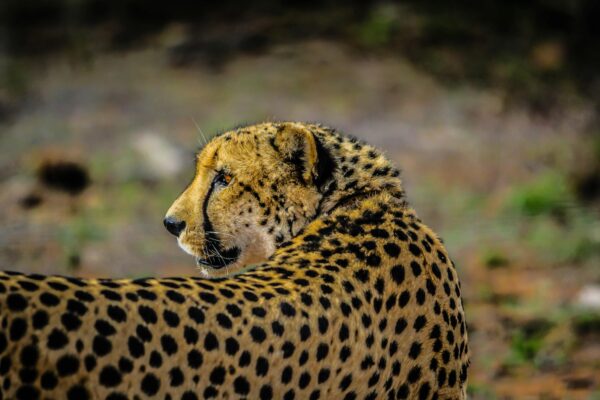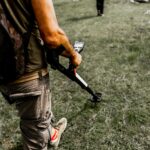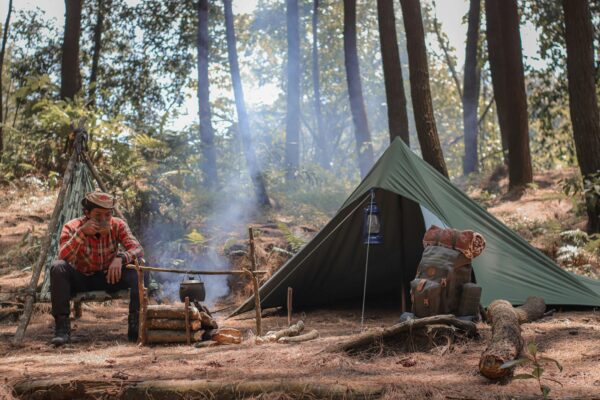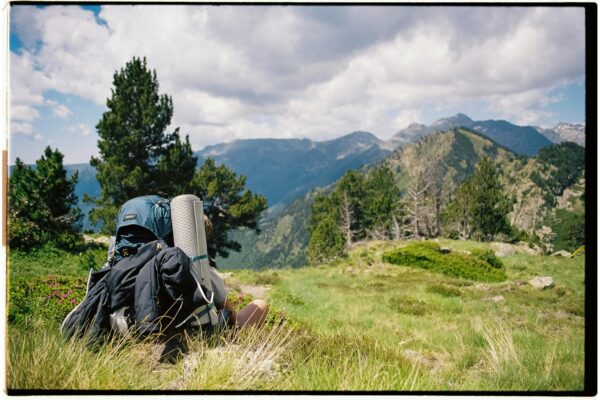
Uncharted Encounters: The Rise of Wildlife Interactions in National Parks
Uncharted Encounters: The Rise of Wildlife Interactions in National Parks
As more people venture into national parks, the frequency of wildlife interactions is on the rise, posing significant challenges for both humans and animals. While most outdoor recreationists aim to minimize harm, unintentional disturbances can have profound impacts on wildlife behavior and habitats. From altered behaviors in desert bighorn sheep to increased encounters with black bears, the consequences of human presence in these natural spaces are multifaceted. Understanding these interactions is crucial for developing effective conservation strategies and ensuring coexistence with wildlife. This exploration delves into the complexities of human-wildlife interactions in national parks, highlighting the need for responsible recreation practices and informed management policies to protect these iconic ecosystems and their inhabitants. By examining these encounters, we can better navigate the delicate balance between enjoying nature and preserving it.















